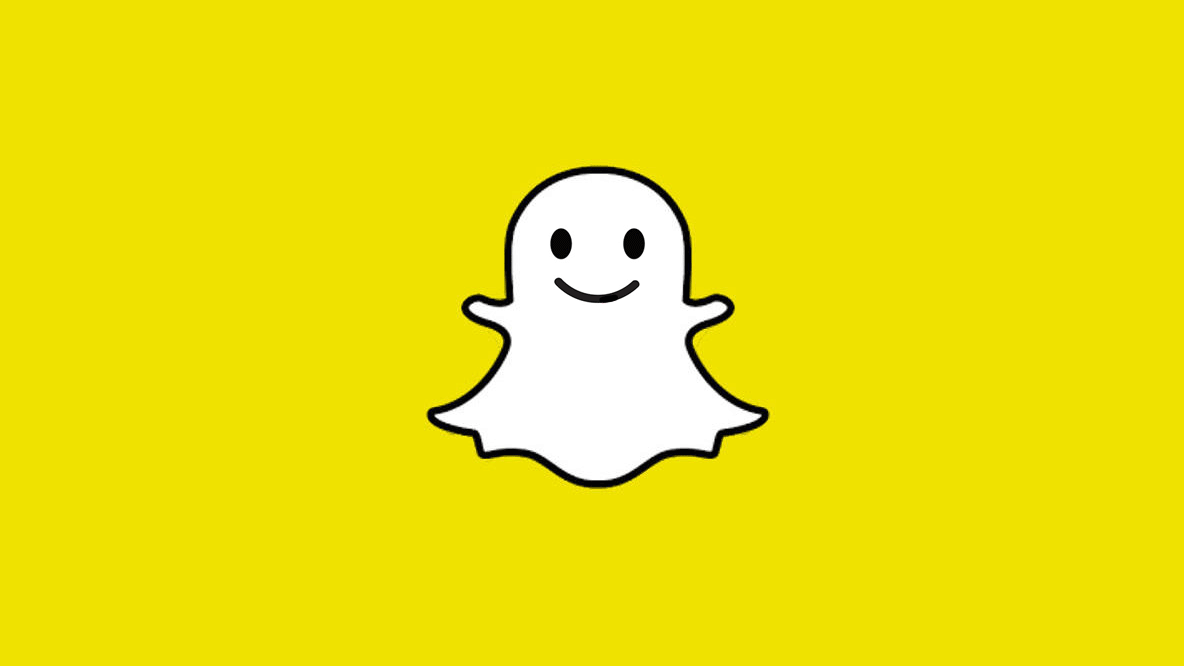LinkedIn wants to change. Finally
Also in this edition: Facebook is Meta, Ambani gets an offer, Snapchat the new TikTok?
Good morning! Cigarettes are back. It feels strange writing this but it appears they are. According to reports, in the US, the sale of cigarettes increased for the first time in 20 years. The stress of the pandemic, the need for a release, and a reason to go outdoors could have contributed to this bump. The fact that cigarette companies spent over $7.8 billion on advertising could have played a small role too.
Btw, our podcast has been going strong for over a month now. Tune in on your daily jog, drive to the office, or even as you WFH-ers have breakfast in bed. We promise it’ll be music to your ears.
The Market Signal
Stocks: On the day of the monthly futures and options expiry, bears took control of Indian markets, resulting in benchmark indices dropping nearly 2% each. One of the main factors was Morgan Stanley’s downgrade of Indian equities due to expensive valuations, citing expectations of consolidation ahead.
Weak global cues also contributed, with markets in China and Japan dropping over 1% each. Concerns over inflation have also been exacerbated by repeated mentions in quarterly earnings reports. All sectoral indices closed in the red, with Bank, Realty, and Metal dropping over 3% each.
This CEO Wants To Buyout Bankrupt Ambani
Shibasish Sarkar headed Reliance Entertainment for close to three years as its group CEO. And now he wants to take over the Anil Ambani (ADAG) company. Sarkar is looking to fund this deal through his special purpose acquisition company International Media Acquisition Corp.
Reverse buy: Earlier this year, an SEC filing said that Sarkar would soon step down from the entertainment firm to launch his own media and entertainment-focussed SPAC. This deal, which values the ADAG company at ₹800-1,000 crore, would be funded by his SPAC.
A sailing ship: Anil Ambani who had declared bankruptcy to a UK court in 2020 stopped funding the entertainment vertical. Underlying financial troubles had led to a ₹60 crore loss in FY19. A SPAC takeover could be the silver lining. A media veteran behind films like Queen, Udta Punjab as well as shows like Kaun Banega Crorepati, Sarkar knows the company inside out and could help turn its fortunes.
Get Gigging on LinkedIn
The Facebook of working professionals is taking a stab at one of the fastest-growing job markets in the world – white-collar gig work. LinkedIn is launching Service Marketplace, a new feature that will allow people to connect with employers looking for short-term employment.
Successful test-run: LinkedIn launched a beta of the feature in the US in February this year, managing to amass 2 million users in the test-run. Now it is going global, with 250 different job categories. Just like its current version, clients can leave reviews on workers’ profiles.
Big opportunity: The professional networking platform is trying to plug a gap in an unorganized market that though is growing rapidly, lacks transparency and streamlined functioning. Estimates suggest that the volume of gig economy transactions will grow to ~$455B by 2023. While other platforms for gig workers exist, such as Fiverr and Upwork, they do not foster networking at the scale that LinkedIn does.
More Than Just A Snap
Snapchat, it would appear, is moving fast (not quite breaking things) to fill the TikTok void. With a base of more than a 100 million monthly active users, Snap seems to have found a reasonable footing among Indians. Why? Its Android app, CEO Evan Spiegel told The Economic Times.
Localise and compete: While Snapchat has spent money localising its experience for India, its core product offering — intimacy without the pressure to be aesthetically performative — is also luring Indians, much like its home market. Its content offerings — the much-touted Discover section — have also increased across categories such as news, fitness, fashion, entertainment, and comedy. This, of course, has resulted in the daily time spent on Snapchat increasing.
Brands have bought in too: A growing active base, particularly among younger Indians, would make Snap an attractive destination for marketers, as they look beyond Facebook and Instagram. Not surprisingly, they’re flocking in. It is also betting big on AR-based commerce, partnering with brands.
The Signal
Snap has come a long way since 2017, when a Snap employee allegedly called India “poor”. With 100 million monthly active users, it is now competing with the likes of Moj, Josh, and Takatak, apps which cropped up overnight after the TikTok ban. In doing so, it is filling that void by localising content, working with creators (some former TikTok stars), and is creating a safe space in the otherwise toxic world of social media. The results are clearly there to see: a 70% increase in new advertisers across entertainment, e-commerce, consumer goods, OTT, and fintech. While all of this makes for an impressive head start, with the surge in user numbers comes the question of monetisation. But that, as we usually say, is for another day.
New Name, Same Old Problems
By the time you read this, Facebook will have rebranded itself to “Meta”. But even as that happens, the company is now bracing itself for the fallout of its recent (and likely biggest) scandal, where a former employee Frances Haugen blew the lid off its dubious conduct.
Keep the records: As officials from bodies such as the Federal Trade Commission are beginning to zoom in on Facebook for alleged deceptive practices, the company now wants its employees to preserve internal documents and communications from Jan 1, 2016, for legal reasons. Facebook officials will also likely testify before British lawmakers.
Meanwhile in India: The Peace and Harmony Committee of the Delhi assembly has summoned Facebook again, in connection with the 2020 Delhi riots, where, as we’ve learnt recently, Facebook had dispatched researchers.
The Indian government too, according to an Economic Times report, citing unnamed sources, has taken note. In a letter to Ajit Mohan, Facebook India’s managing director, the government has sought details of the algorithms and processes used by the company.
Hiring Binge Continues…
First comes the funding, then comes the celebration, and finally comes the hiring spree. After ratcheting up the unicorn count to 70, the Indian startup ecosystem is looking to continue recruitment at a breakneck pace.
Big numbers: Indian startups have created 1.5 lakh white-collar jobs over the last three quarters and look set to hire another 1.2 to 1.6 lakh executives in the next three. Most of these hires are for techies, so if you are a data scientist, systems architect, or principal engineer, you are in demand.
Unicorns like Cred, Vedantu, and BrowserStack are planning to double their headcount in the coming months. With IT firms like TCS and Wipro on a hiring spree for months now, startups are also trying different ways to attract people. We’ll never get tired of mentioning the BMW bike if-you-join-us deal.
Revenge job hunt: A LinkedIn survey shows that 75% of Indians are fed up and are looking for a job change, which has sparked a demand for talent in startups and MNCs alike.
What Else Made The Signal?
Almost dethroned: Microsoft almost pushed Apple out of its top spot as the world’s most valuable company yesterday. The software firm’s shares spiked 4.2%, taking its market cap to $2.426 trillion compared to $2.4261 of Apple’s.
Another unicorn: Acko, a general insurance startup, is India’s newest unicorn after it raised $255 million, taking its valuation to $1.1 billion.
Narrowed losses: Interglobe Aviation, the parent company of IndiGo Airlines, has reduced its losses last quarter, posting a net loss of ₹14.35 billion compared to ₹30.07 billion in the previous quarter.
Sharing is caring: India’s ministry of railways wants the Indian Railways Catering and Tourism Corporation (IRCTC) to share 50% of its convenience fee with it.
Slice it up: The Godrej family is drawing up a plan to divvy up the $4.1 billion locks-to-rocket parts business empire among cousins.
Covid loan: India has applied for a $2 billion loan from the AIIB and the ADB to purchase around 700 million doses of COVID-19 vaccines.
Big round: Lightspeed Venture Partners, who bet early on Snap and Affirm, is aiming for a fundraise of over $5.5 billion, it’s largest so far.
FWIW
Art connoisseur: The Smithsonian’s National Museum of Asian Art, which houses over 45,000 objects starting from the Neolithic period to today is getting four new board members. One of them is Isha Ambani, who will be one of the youngest members on the board.
A protest statue: A new installation popped up right outside Facebook’s headquarters - a 7-foot tall statue of a gorilla that was killed at the Cincinnati zoo 5 years ago, accompanied by 10,000 bananas. It was put there by Sapien Tribe, a group that advocates for the welfare of humans, to protest against large power structures that don’t care for the routine needs of people.
Unlikely wanghong spot: Shanghai has many a wanghong or celebrity hotspots. The latest on the list? A grocery store that has been taken over by the Italian fashion house Prada. It’s part of a two-week campaign called “Feels like Prada” where the brand partners with local retailers to create more “authentic” experiences for its new fall/winter clothing line.
Want to advertise with us? We’d love to hear from you.
Write to us here for feedback on The Signal.









